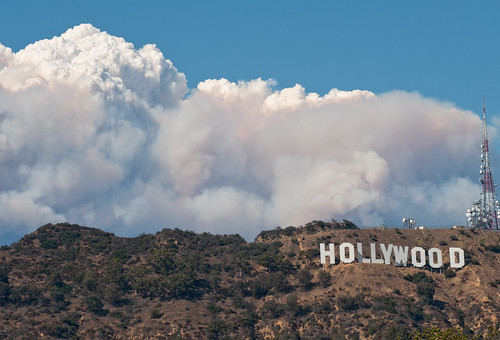Here in California, education has been making headlines this week, as the University of California board of regents voted to increase tuition more than 30%. And California is hardly alone. Across the country, education is being affected by the recession.
In New Hampshire, some students are facing a subprime loan crisis much like the housing one – except this time it’s loans to help cover rising tuition costs of higher education.
“In many cases private student loans come with variable interest rates that can top twenty percent. In addition, a number of recent graduates contend that the education they paid for included sub-par labs, mediocre instructors, and fell short of the quality education that was advertised.”
NewsHour’s Paul Solman reported that a new bill making its way through the Senate would move the student loan industry under the Department of Education, reducing the subprime risk.
In Michigan, among the areas hardest hit by recession, some recent graduates are staying true to their state.
“Anna Barson graduated from The University in Michigan and immediately moved to Washington D.C, and then New York. She’s discovered there’s a lot of grassroots activism in Detroit she wants to be a part of.
“I do feel some connection, and if I am serious about wanting to do social justice work, Detroit– I mean, it is in my home state, and I think it would be hypocritical of me to completely ignore that,” said Barson.”
Propublica reported on how the US Department of Education is dividing up stimulus funds to schools – and it’s turning into a competitive race to get any of that funding.
“Using an elaborate scoring system just announced, the program will benefit only those states that have already taken steps to shake up their school systems, the [Wall Street] Journal reports. “This is going to be highly competitive, and there are going to be a lot more losers than winners,” Education Secretary Arne Duncan told reporter Neil King Jr. Preliminary plans for the program provoked an outpouring of criticism, The New York Times reports, but the final rules have added flexibility. Some potentially volatile aspects remain – like President Barack Obama’s emphasis on charter schools – but the new rules invite states to describe “innovative public schools other than charter schools.”
There is some good news for veterans looking to go back to school, however. As Emilie Ritter reported for Montana Public Radio back in August, a new GI bill is sending those who’ve served back to college — for free.
